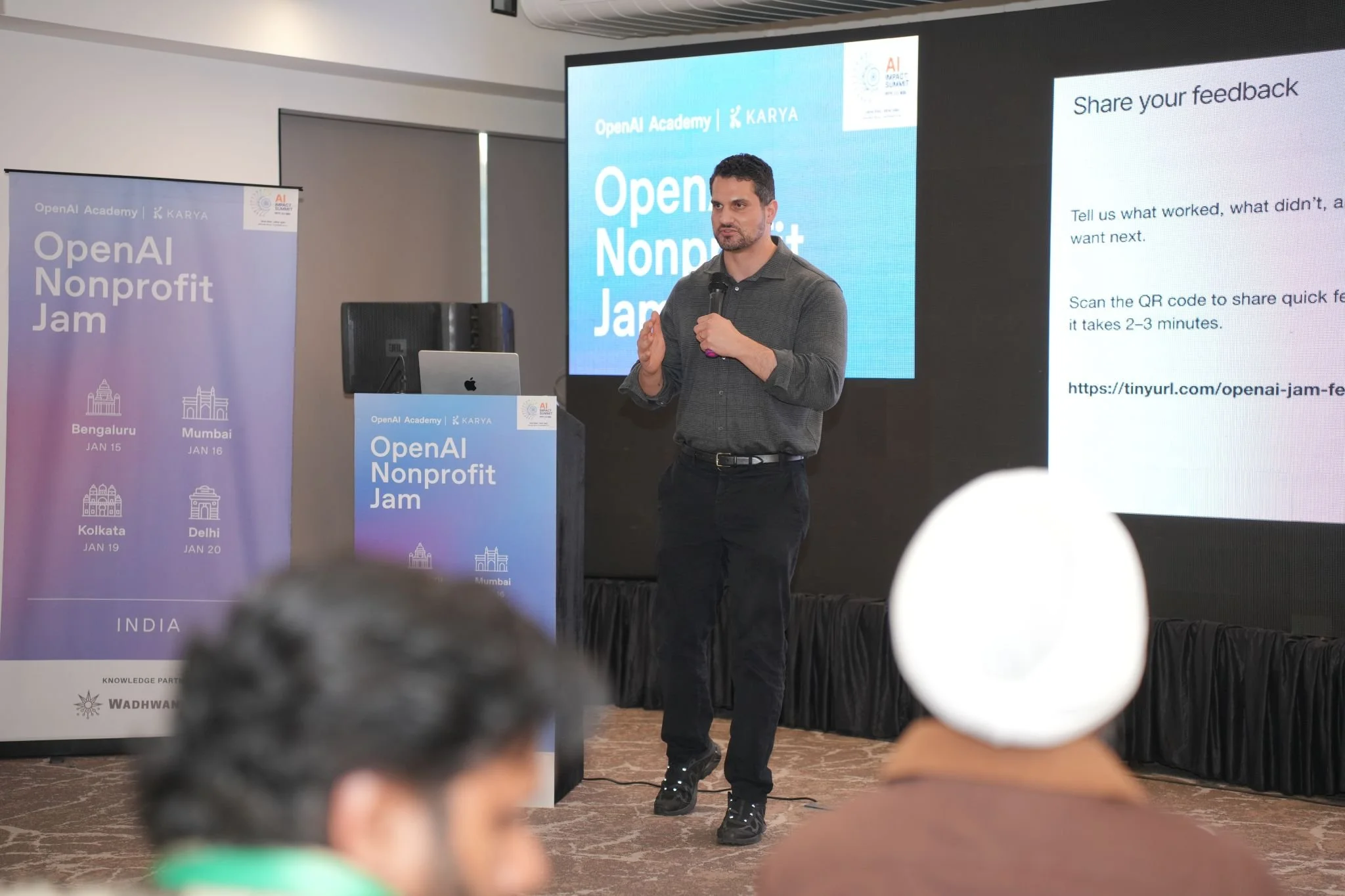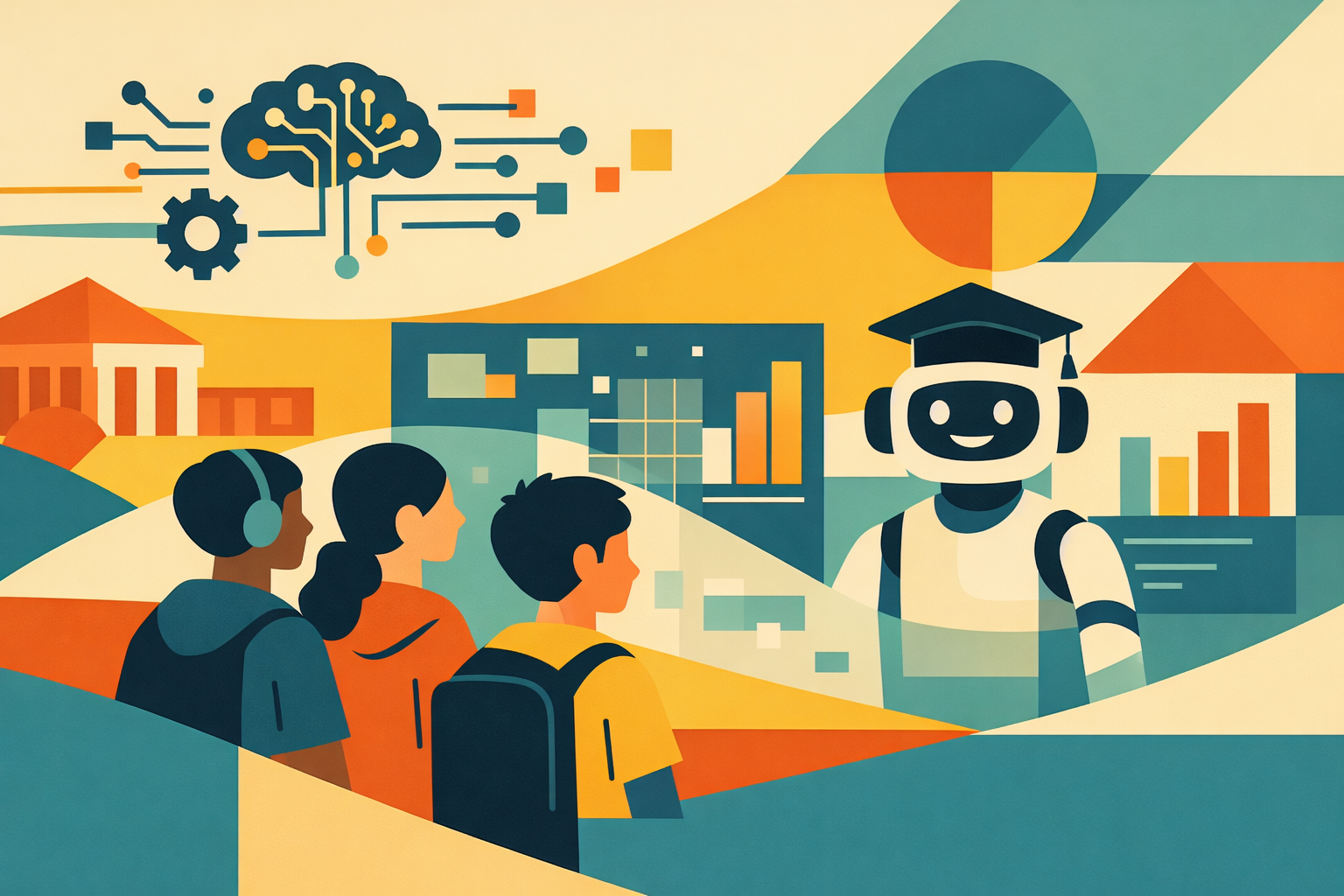Daisy Christodoulou questions use of AI in classrooms as preparation for future jobs
In a LinkedIn post, the Director of Education at No More Marking outlines why using AI tools in class may hinder, rather than help, student learning.
Daisy Christodoulou, a prominent voice in UK education and Director of Education at EdTech firm No More Marking, has outlined her concerns about incorporating AI into classroom learning.
In a widely shared LinkedIn post, she challenges the logic that using AI tools in school prepares students for future office jobs.
Christodoulou acknowledges the growing presence of large language models (LLMs) in the workplace and their usefulness in automating routine tasks. “I am not anti-AI in the workplace: far from it,” she writes. However, she argues that professional tools used to complete tasks efficiently should not be confused with tools that support learning.
“If a car mechanic or an accountant or a lawyer can use a new piece of technology to fix your car or get your tax return done or do the conveyancing on your mortgage, everyone benefits,” she says. “But the aim of training is not to replicate the end goal, it’s to develop yourself in ways that allow you to achieve the end goal.”
Experts learn differently from novices
Christodoulou builds her argument by referencing three major academic works on learning and expertise. First, she cites Paul Kirschner’s 2009 research, which explains that what experts do is not necessarily how learners should be taught. “The epistemology of practicing in a domain is not a good pedagogy for learning that domain,” Kirschner writes, adding that “learners or novices are not miniature professionals or experts.”
She also draws on K. Anders Ericsson’s 1993 paper on “deliberate practice,” which distinguishes between performing tasks and developing skills. According to Ericsson, activities in paid jobs are often not optimized for learning. Instead, improvement requires structured training separate from workplace routines.
Finally, she highlights a 2025 paper co-authored by Barbara Oakley and Terrence Sejnowski, which explores the risks of “cognitive offloading.” The paper warns that over-reliance on AI to complete tasks can lead to shallow understanding. “Over-reliance on external memory can leave one with a collection of correct outputs… but without the integrated understanding or procedural fluency that marks true expertise.”
Writing skills still matter, even in an AI future
Christodoulou emphasizes that foundational literacy skills, like grammar and vocabulary, must be taught explicitly and assessed independently of AI. She uses the example of marathon training to illustrate the flawed logic of using AI as a stand-in for skill building. “To acquire the skill [of running a marathon], you don’t start out by running marathons in every training session.”
She also reflects on how the rise of AI might affect long-term employment trends. While some fear a complete replacement of professional roles, she points to historical evidence suggesting this is rare. Even in a scenario where AI changes the job market entirely, she believes literacy and human judgment will remain essential.
Christodoulou concludes by reaffirming the enduring value of writing, regardless of how the labor market shifts. Daisy Christodoulou says, “Whatever the potential future, I don’t think writing, or literacy in general, is going to become obsolete.”





















